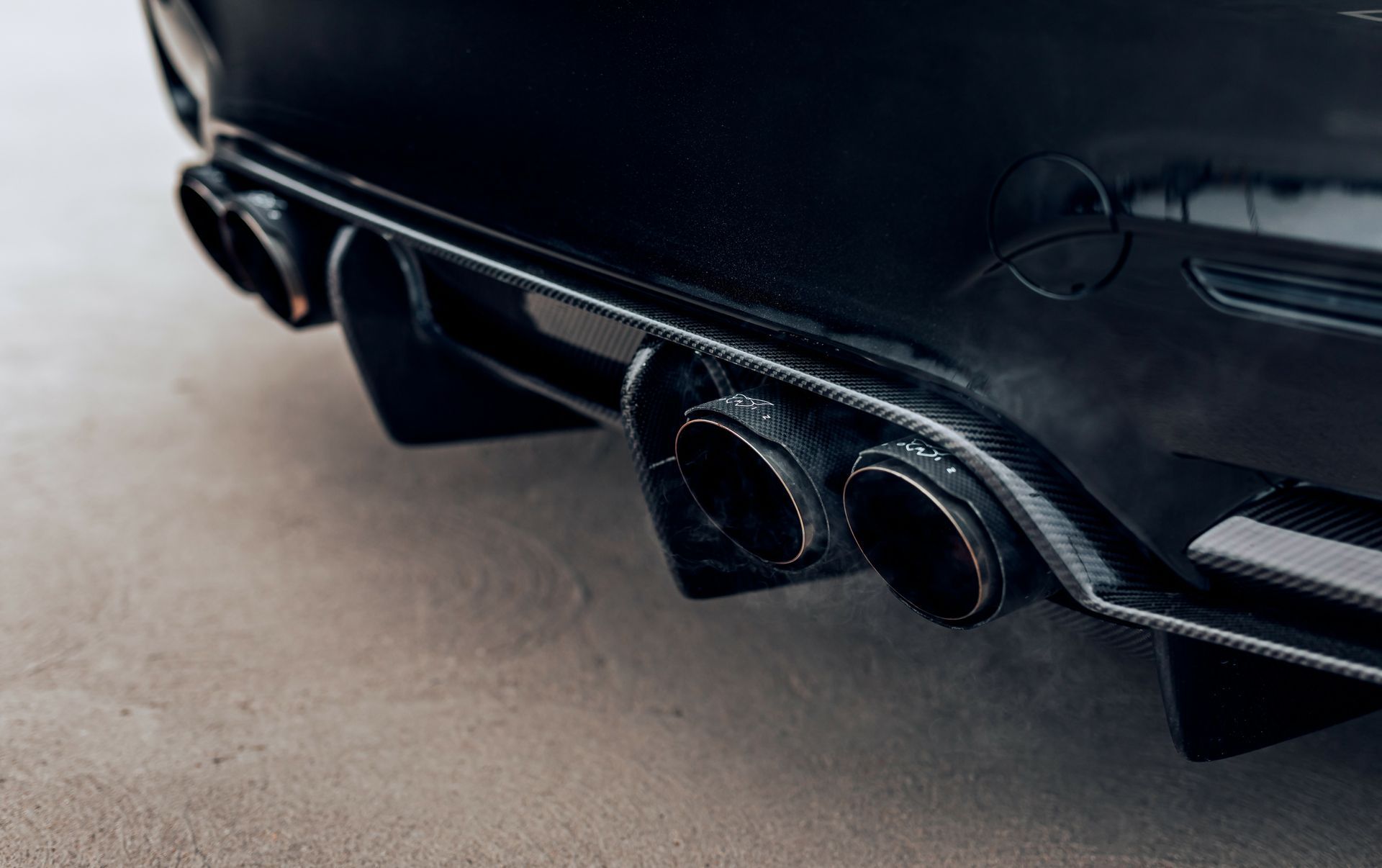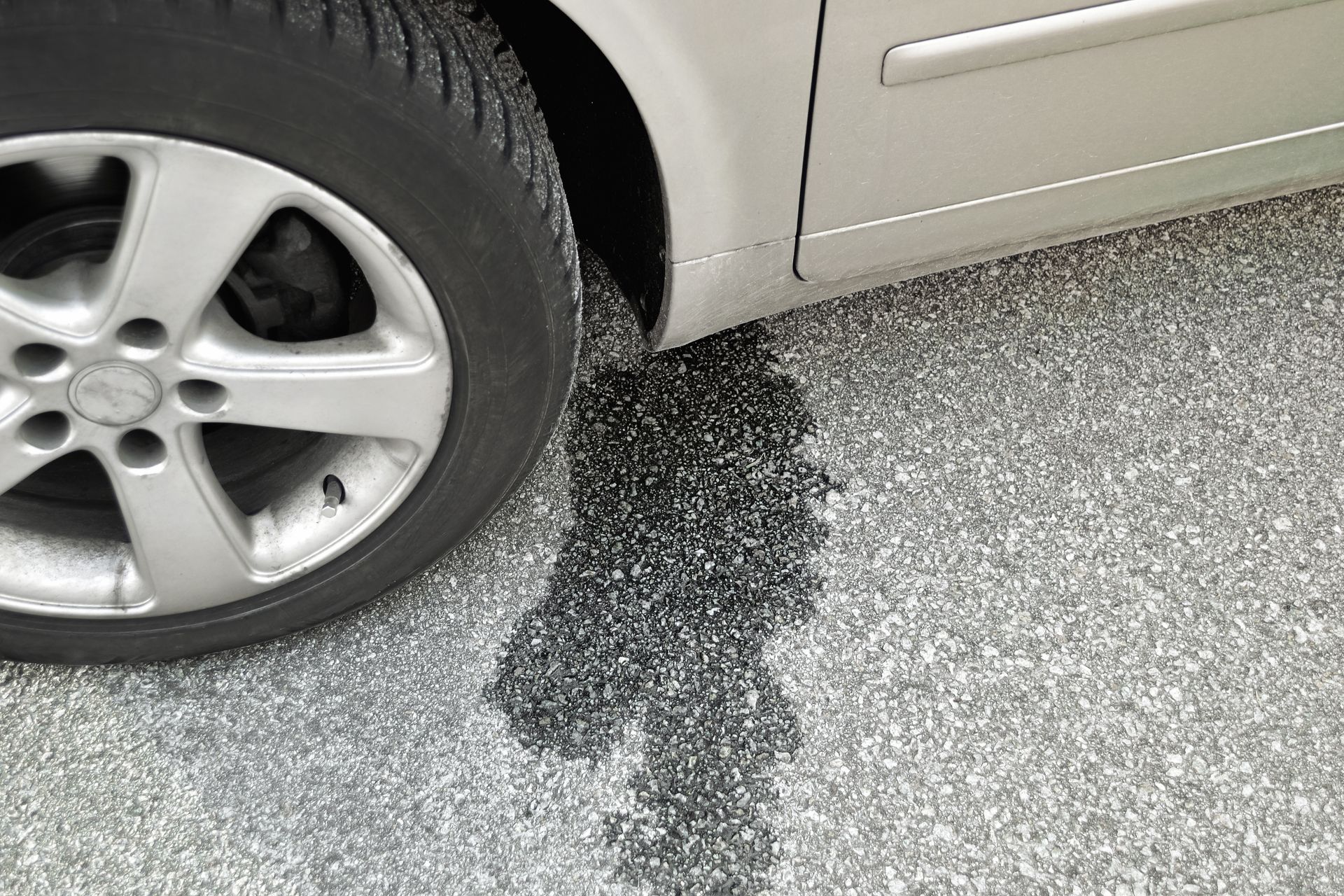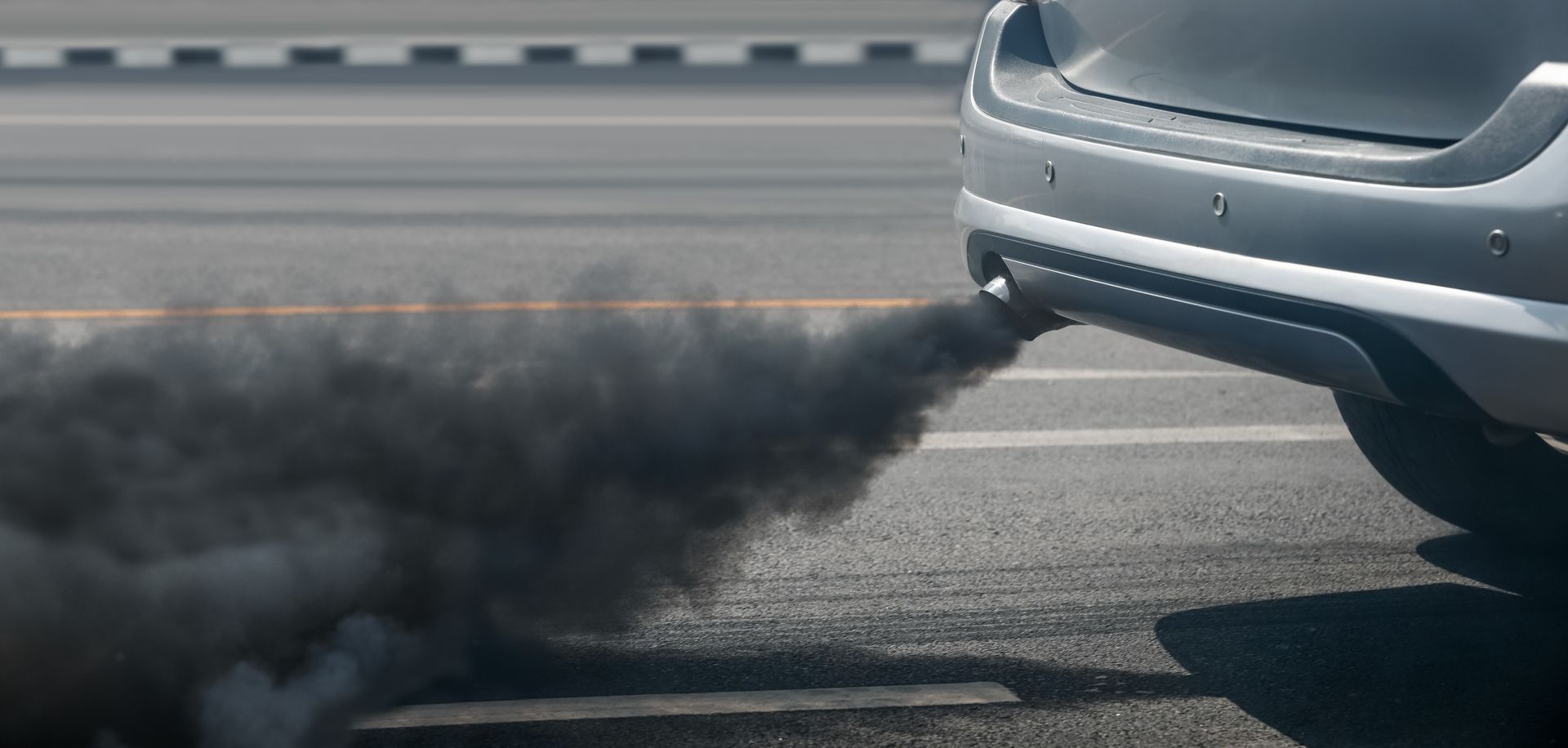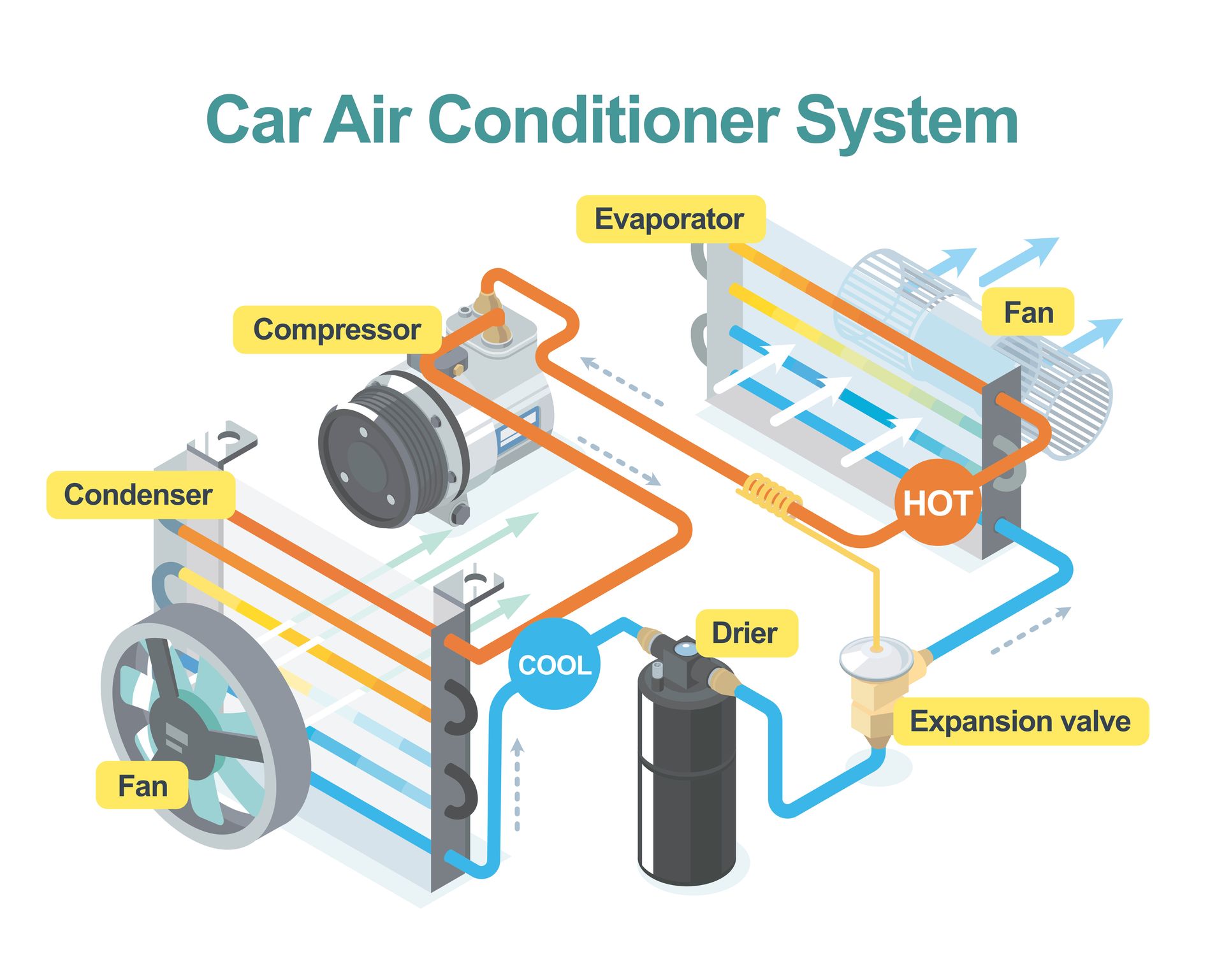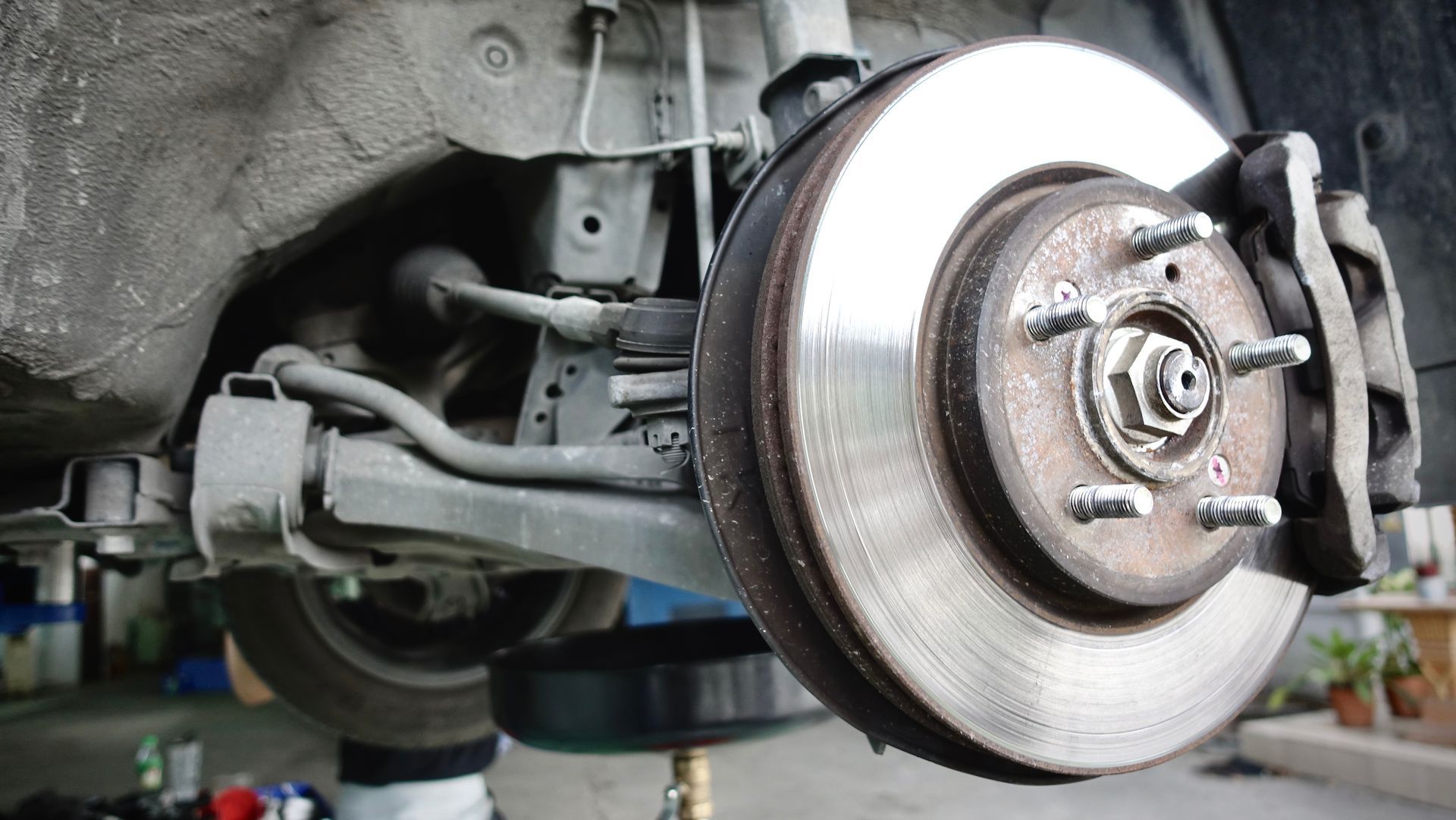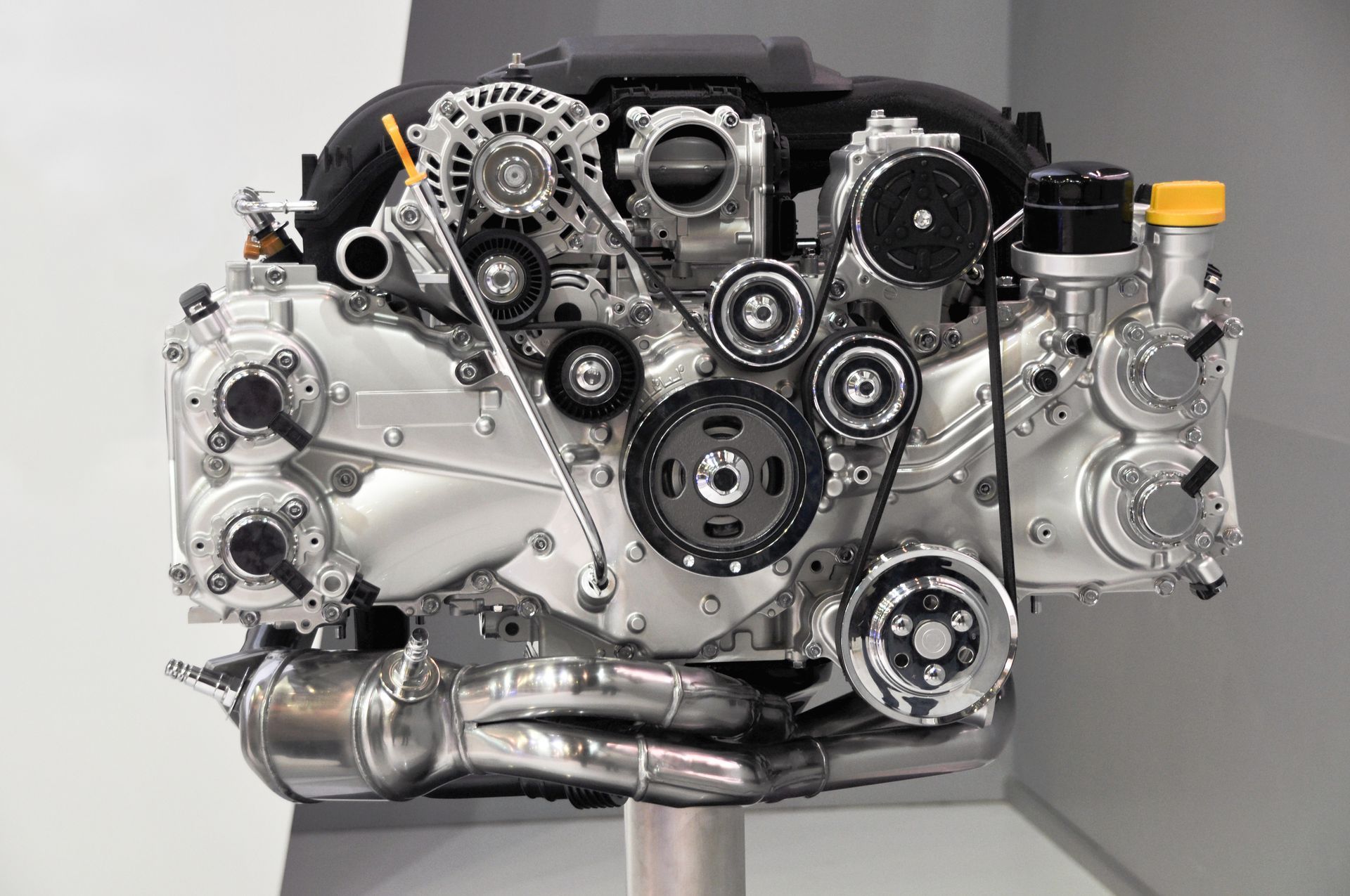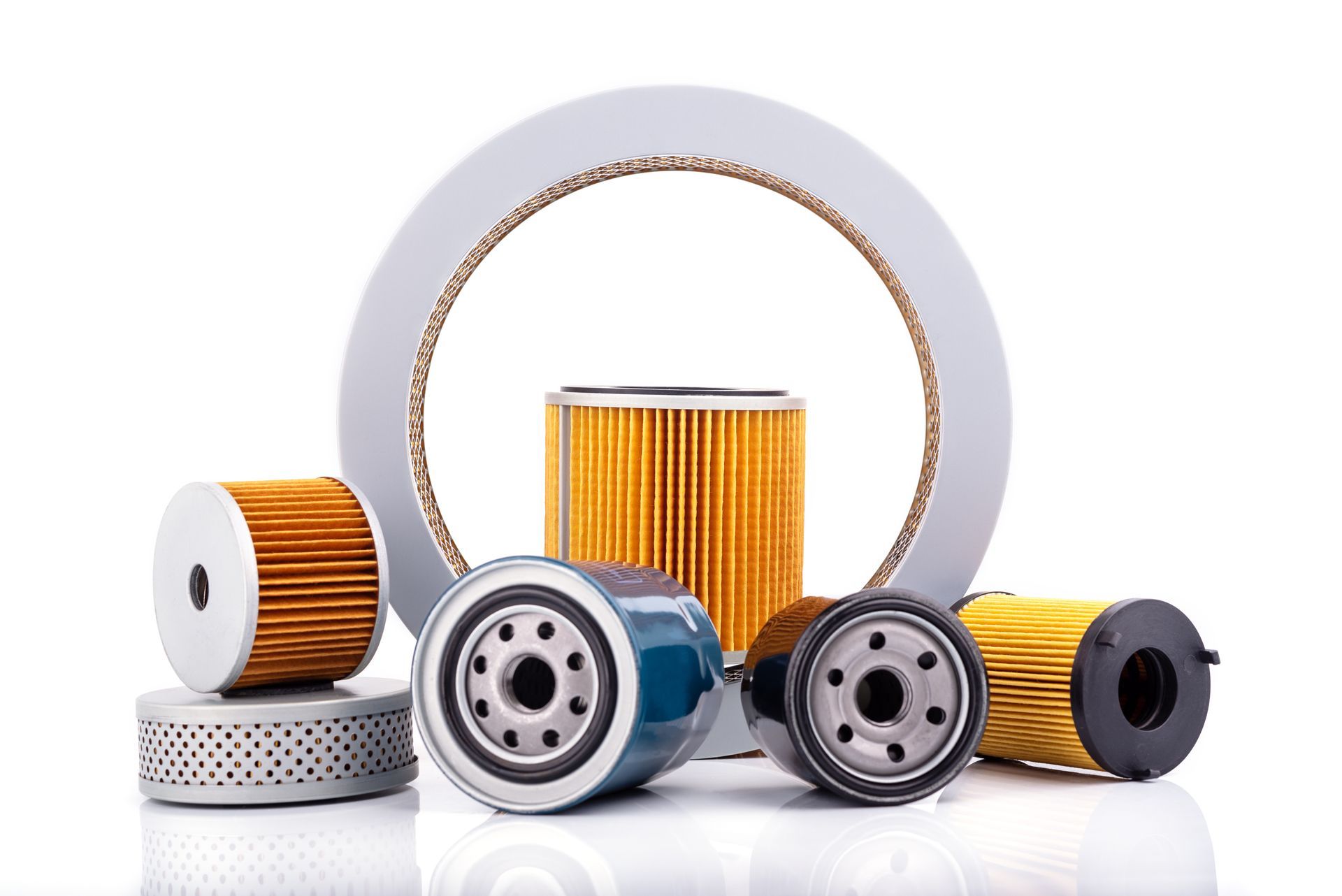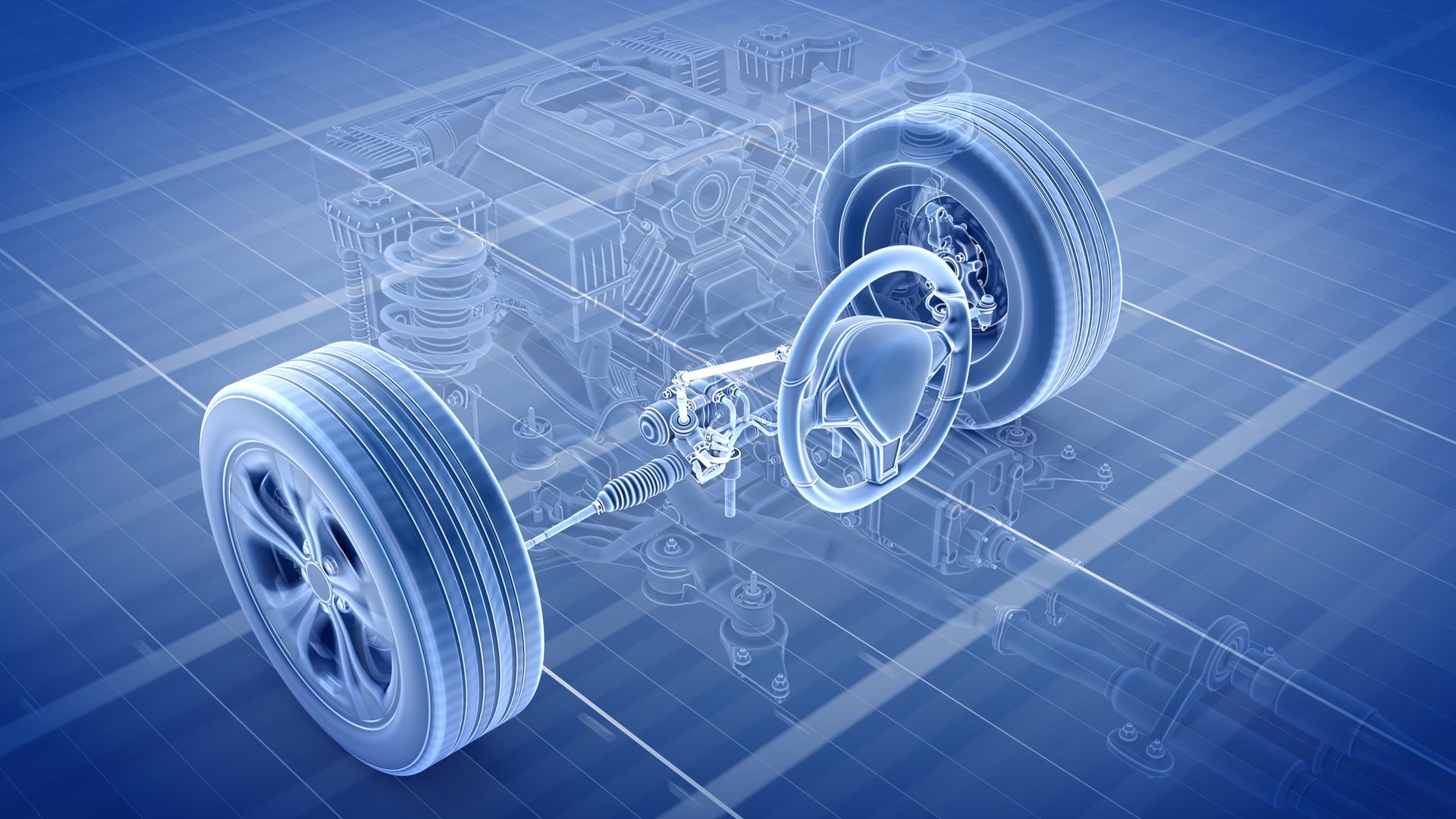Diesel engines are renowned for their durability, fuel efficiency, and power, but when something starts to malfunction, it’s often a sign that attention is needed. A knocking or clattering noise in a diesel engine can indicate a range of potential issues, from fuel system problems to internal wear. While some diesel engines naturally make more noise than gasoline engines, persistent knocking or changes in sound shouldn’t be ignored.
Knowing the causes of diesel engine knocking can help you prevent costly damage and keep your vehicle running smoothly.
How Diesel Combustion Works
To understand why knocking happens, it’s helpful to know how diesel engines operate. Unlike gasoline engines, diesel engines don’t use spark plugs to ignite the fuel-air mixture. Instead, they rely on extremely high compression to heat the air inside the cylinder. When diesel fuel is injected into this compressed, hot air, it ignites spontaneously.
This process creates a controlled explosion that pushes the piston down and generates power. However, if something interferes with the timing or quality of this combustion, it can lead to knocking noises, rough running, or reduced performance.
Low-Quality or Contaminated Diesel Fuel
One of the most common causes of diesel knocking is poor fuel quality. Diesel fuel must meet specific standards to ensure proper combustion. If the fuel is contaminated with water, dirt, or other impurities, it can ignite unevenly, causing knocking sounds.
Additionally, using diesel fuel with a cetane rating that’s too low for your engine can result in delayed ignition and louder combustion noise. Sticking to high-quality fuel and buying from reputable stations can reduce this risk significantly.
Incorrect Fuel Injection Timing
Diesel engines rely on precise fuel injection timing to ensure smooth combustion. If the injectors are delivering fuel too early or too late, it can create an imbalance in the combustion process.
When fuel enters the cylinder too soon, it ignites before the piston reaches the correct position, leading to knocking. On the other hand, delayed injection can lead to incomplete combustion, reduced power, and increased exhaust smoke. Regular injector inspections and system calibrations help maintain optimal timing.
Worn or Faulty Fuel Injectors
Over time, diesel fuel injectors can wear out or become clogged, disrupting the spray pattern and causing uneven fuel delivery. When injectors don’t atomize the fuel properly, some areas of the combustion chamber may burn hotter than others, producing loud knocking or clattering sounds.
Cleaning or replacing faulty injectors can restore proper fuel distribution and eliminate these noises.
Carbon Buildup in the Combustion Chamber
Diesel engines naturally produce more soot than gasoline engines, and over time, carbon deposits can accumulate inside the combustion chamber, on valves, or around injectors. These deposits reduce the available space in the cylinder, increasing compression and creating hotspots.
The result is uneven combustion, knocking noises, and sometimes even increased exhaust smoke. Routine maintenance and using quality fuel additives can help limit carbon buildup.
Low Engine Oil or Poor Lubrication
Diesel engines operate under high pressure, and proper lubrication is critical to prevent metal-on-metal contact between moving parts. Low oil levels, degraded oil, or incorrect oil types can lead to increased friction, resulting in knocking noises that mimic combustion-related issues.
Checking oil levels regularly and following recommended oil change intervals helps prevent unnecessary wear and protects the engine’s internal components.
Problems With Glow Plugs or Compression
In cold weather, glow plugs help preheat the air in the combustion chamber to make ignition smoother. Faulty glow plugs can cause delayed ignition and louder knocking when starting a cold engine.
Similarly, worn piston rings, valve issues, or cylinder head problems can lower compression and affect the timing and efficiency of combustion. These mechanical issues require a thorough inspection to diagnose accurately.
Why Early Diagnosis Matters
Diesel engine knocking may start as a minor annoyance, but ignoring it can lead to expensive damage over time. Continuous knocking can put extra stress on pistons, bearings, and cylinder walls, accelerating wear and potentially causing failures in critical components.
A professional inspection can pinpoint the cause early and prevent more serious and costly repairs later on.
Expert Diesel Engine Service at ICDI Diesel Repair
If your diesel engine has developed a knocking noise, the team at ICDI Diesel Repair in Spokane, WA, can help. Our technicians specialize in diagnosing and repairing diesel engines of all sizes and configurations. From fuel system inspections to injector replacements and full engine diagnostics, we’ll identify the issue and get your vehicle running smoothly again.
Schedule an appointment with
ICDI Diesel Repair today to keep your diesel engine powerful, efficient, and reliable.

